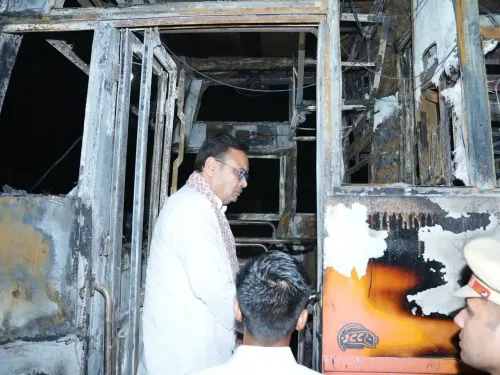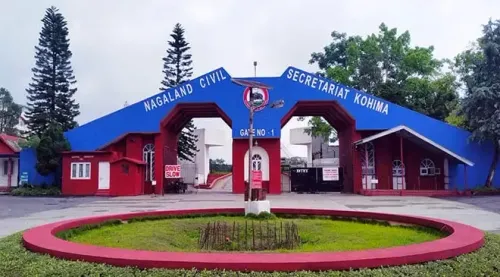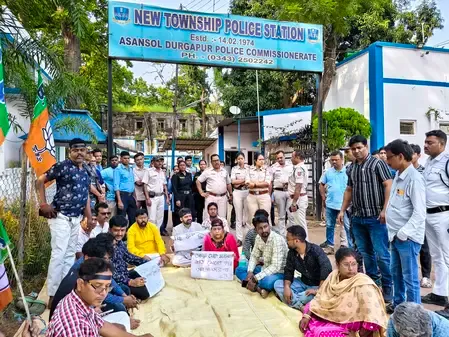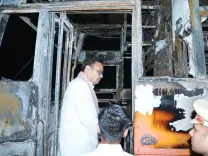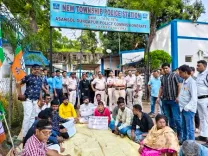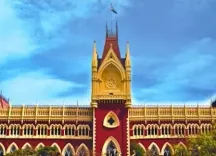Is the Military's Control Eroding as Pakistan Faces Multiple Uprisings?
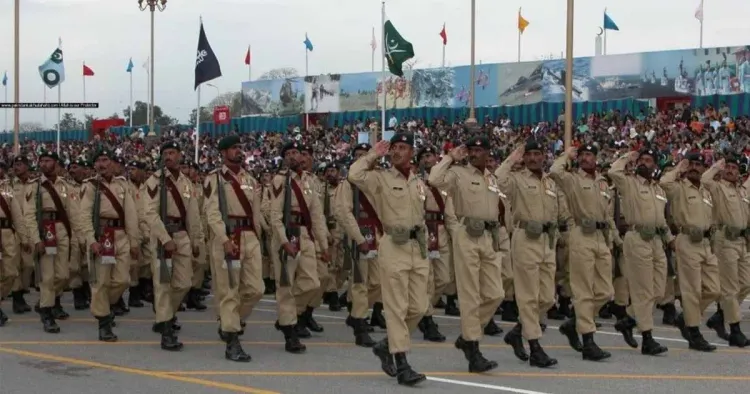
Synopsis
Key Takeaways
- Growing Discontent: Citizens are increasingly frustrated with the military and government.
- Increased Casualties: Civilian deaths are rising due to military actions.
- Protests Planned: The TLP is regrouping for protests on October 17.
- International Attention: Human rights violations are drawing global scrutiny.
- Low Morale: The Pakistan Army is facing challenges with declining morale.
New Delhi, Oct 14 (NationPress) The growing discontent towards the establishment in Pakistan, particularly the army, is reaching alarming levels as civilian casualties due to its actions continue to escalate.
The violent crackdown by security forces on members of the Tehreek-e-Labbaik Pakistan (TLP) exemplifies the harsh measures taken to suppress peaceful demonstrations.
Recent intelligence reports indicate that nearly 40 TLP activists were killed while protesting in Muridke. The brutality of the crackdown prompted the TLP to suspend their protests temporarily. However, they plan to assemble again on October 17 at Data Darbar, a significant religious site in Lahore.
The TLP has announced that on October 17, they will hold a strategy meeting to determine their next steps.
Despite a temporary lull in protests, there are serious concerns for Pakistan.
The Afghan Taliban has reached out to the TLP, extending their support.
Members of Imran Khan's party are also connecting with others who share their dissatisfaction with the establishment.
Furthermore, the establishment is grappling with challenges posed by the Balochistan Nationalist Army (BLA) and the Tehreek-e-Taliban Pakistan (TTP).
Recently, protests erupted again in Pakistan-occupied Kashmir (PoK) against the establishment.
Officials warn that the state cannot indefinitely suppress such dissent through force. A breaking point is imminent, and the establishment will soon face a confluence of these frustrated voices, presenting a considerable challenge for the security forces.
All dissenting voices converge on a common grievance against the country’s leadership.
It’s not just groups like the TLP, TTP, or BLA; even ordinary citizens in Pakistan are expressing anger over the current situation.
The arrest and ousting of Imran Khan as Prime Minister is a key factor fueling this discontent. His removal has caused many to question the essence of democracy, considering he was elected through a legitimate process.
People are also disillusioned with the army, believing it controls the country through a puppet government led by Shehbaz Sharif.
Indian intelligence agencies are closely monitoring the situation, suggesting that a significant upheaval is on the horizon in Pakistan. The Taliban's outreach to the TLP signals a unification of anti-establishment forces against the Pakistani government. These groups are increasingly resolute in their opposition, and the establishment may soon find itself unable to manage the situation.
The public's anger is palpable, and widespread protests could erupt.
There is a threshold to how much force the security apparatus can deploy to silence citizens. The international community is likely to intervene and call out the severe human rights abuses perpetrated by Pakistan.
While the security forces may have temporarily subdued the protests through violence, the morale within the Pakistan Army is alarmingly low. The losses incurred from the TTP and BLA are significant and embarrassing.
The Taliban's claim of killing 58 Pakistani soldiers has further diminished the army's morale. This situation indicates that the military-controlled establishment is gradually losing its grip on power, and its era of stringent control is coming to an end.

